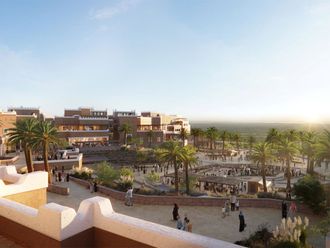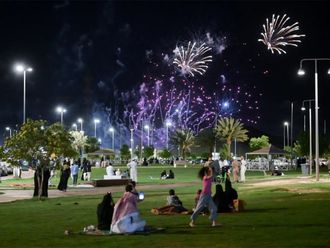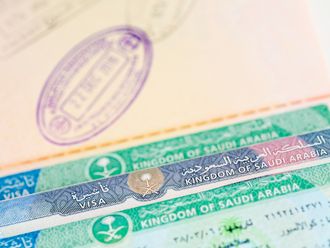Dubai: All marine craft drivers in Dubai will need to have a mandatory driving licence from January next year, Dubai Maritime City Authority (DMCA) has announced.
Marine craft owners as well as drivers will get a limited grace period to complete the procedure before the new regulations are fully implemented.
The initiative is part of a set of regulations designed to offer a more comprehensive regulatory platform that will help ensure maritime safety, secure navigation and operational efficiency along the UAE coastline.
According to Amer Ali, Executive Director, DMCA, the mandatory licensing of all marine craft operators and drivers in Dubai is being seen as a fundamental pillar in the DMCA’s move to create an integrated regulatory framework to provide safe navigation and to ensure the highest levels of operational efficiency and safety within the marine waters of Dubai.
“Regulating and developing the local maritime sector is top priority for DMCA, which is why we regularly introduce regulations and legislations to address local requirements in line with best international practices. The application of Resolution No 2 of 2013 for marine crew licensing reaffirms the efforts aimed at integrating all aspects of maritime safety and operational efficiency across local waters, in cooperation with the parties concerned,” Ali said.
He added that the DMCA will be launching a series of awareness campaigns and adverts in newspapers in Arabic and English, in addition to doing outreach over the radio in Arabic, English and Hindi.
The new regulation requires licensing for crew on personal, business, sports, tourism and recreational marine craft, including small and large-sized leisure craft, commercial marine vessels and traditional wooden dhows.
The new rule requires all applicants to be medically fit and have the theoretical, practical knowledge and expertise to drive light marine vessels, abras and leisure crafts.
Crew members on commercial and traditional wooden dhows must be completely familiar with the marine radar and communication systems and navigation maps, in addition to being able to use the various equipment for safety, first-aid, fire fighting and water pollution.












